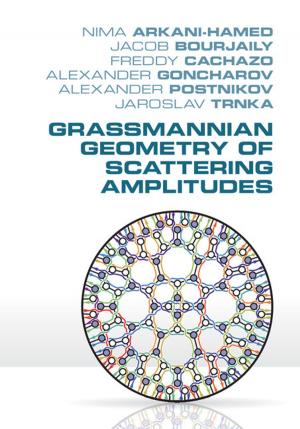Science and the Precautionary Principle in International Courts and Tribunals
Expert Evidence, Burden of Proof and Finality
Nonfiction, Reference & Language, Law, International, Social & Cultural Studies, Political Science| Author: | Caroline E. Foster | ISBN: | 9781139062831 |
| Publisher: | Cambridge University Press | Publication: | March 24, 2011 |
| Imprint: | Cambridge University Press | Language: | English |
| Author: | Caroline E. Foster |
| ISBN: | 9781139062831 |
| Publisher: | Cambridge University Press |
| Publication: | March 24, 2011 |
| Imprint: | Cambridge University Press |
| Language: | English |
By canvassing a range of international scientific disputes, including the EC-Biotech and EC-Hormones disputes in the WTO, the case concerning Pulp Mills and the Gabcíkovo–Nagymaros case in the International Court of Justice, and the Mox Plant and Land Reclamation cases dealt with under the United Nations Convention on the Law of the Sea, Caroline Foster examines how the precautionary principle can be accommodated within the rules about proof and evidence and advises on the boundary emerging between the roles of experts and tribunals. A new form of reassessment proceedings for use in exceptional cases is proposed. Breaking new ground, this book seeks to advance international adjudicatory practice by contextualising developments in the taking of expert evidence and analysing the justification of and potential techniques for a precautionary reversal of the burden of proof, as well as methods for dealing with important scientific discoveries subsequent to judgements and awards.
By canvassing a range of international scientific disputes, including the EC-Biotech and EC-Hormones disputes in the WTO, the case concerning Pulp Mills and the Gabcíkovo–Nagymaros case in the International Court of Justice, and the Mox Plant and Land Reclamation cases dealt with under the United Nations Convention on the Law of the Sea, Caroline Foster examines how the precautionary principle can be accommodated within the rules about proof and evidence and advises on the boundary emerging between the roles of experts and tribunals. A new form of reassessment proceedings for use in exceptional cases is proposed. Breaking new ground, this book seeks to advance international adjudicatory practice by contextualising developments in the taking of expert evidence and analysing the justification of and potential techniques for a precautionary reversal of the burden of proof, as well as methods for dealing with important scientific discoveries subsequent to judgements and awards.















